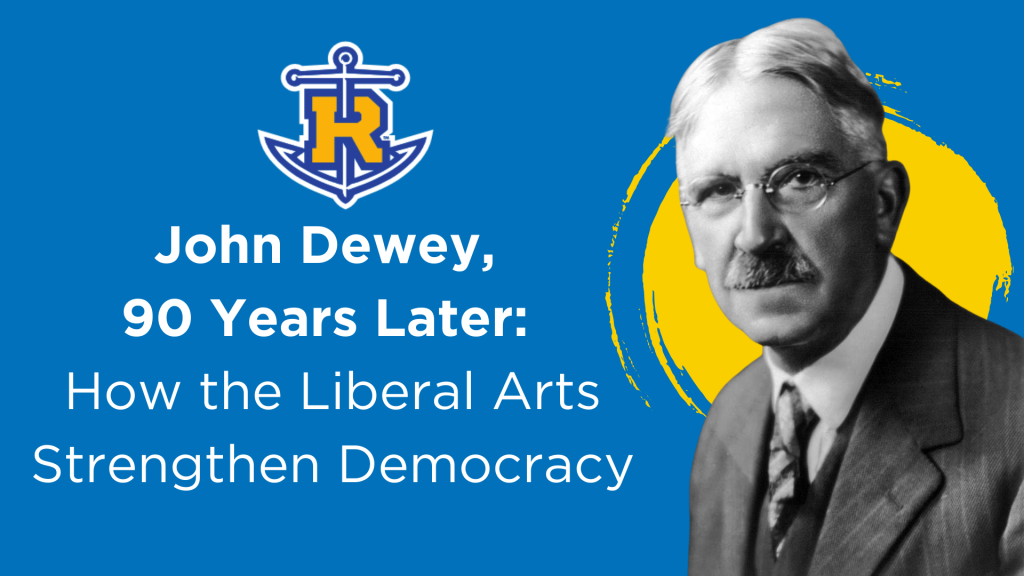
“Democracy has to be born anew every generation, and education is its midwife.” – John Dewey
Nearly a century after John Dewey first visited Rollins College to reimagine liberal arts education, scholars and educators gathered on the same campus to redefine those very principles and strengthen democracy in today’s polarized America.
From February 24-25, Rollins College hosted the “John Dewey, 90 Years Later: How the Liberal Arts Strengthen Democracy” conference in collaboration with The Institute for Citizens & Scholars.
The conference consisted of many panels examining urgent issues regarding higher education, democracy, liberal arts, and free inquiry. Key speakers included Marjorie Hass, President of the Council of Independent Colleges, Rajiv Vinnakota, President of the Institute for Citizens & Scholars, and Eboo Patel, President of Interfaith America.
In 1931, John Dewey chaired “The Curriculum for the College of Liberal Arts” conference alongside Former Rollins President Hamilton Holt.
Holt said in the post-conference proceedings publication, “It seemed to me that a relatively small conference of persons interested in and informed about educational problems, a group neither radical nor reactionary, but liberal, might contribute a great public service to the cause of education at this time when education all along the line from the kindergarten to the graduate school and the university is undergoing such criticism.”
In an uncertain time for education, Rollins looks toward the Dewey colloquy to find how the college, as a liberal arts institution, may serve as a beacon of change.
This reflection on Dewey’s educational philosophy comes at a critical moment for democracy and higher education.
Dewey, the father of pragmatism, saw the liberal arts curriculum as responding to student curiosity. His model for the liberal arts sought to liberate minds to make meaningful contributions to society, countering rote learning dominated by professors. His goal was to replace class-stratified education and provide all students with deeper study and practical work.
Echoing and expanding upon Dewey’s vision, contemporary educators at the conference explored how these principles apply to today’s challenges.
In her keynote address, Hass said, “If we’re truly to respond anew to the question that President Holt asked in that time, the kind of liberal arts education today’s students need and deserve, then we have to put these strands into a more vital dialogue and deploy them in tandem.”
Through working in conjunction with faculty and students across different institutions, Rollins is continuing Dewey’s legacy by fostering collaborative approaches to liberal arts education that strengthen democratic values and prepare students to address society’s most pressing challenges in an unprecedented age.

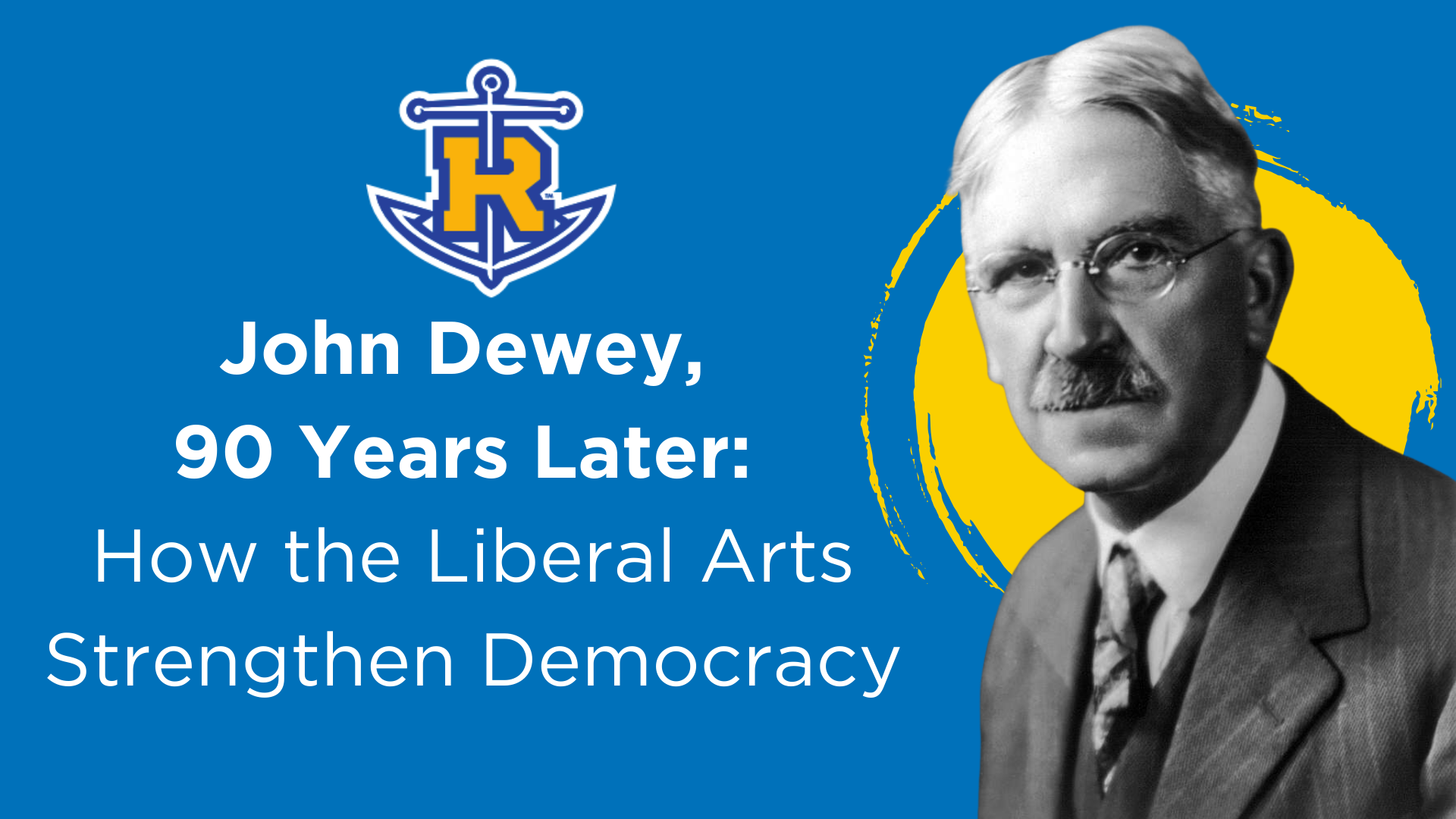
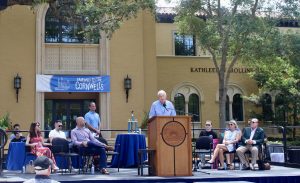
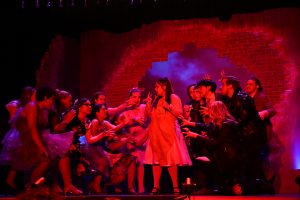
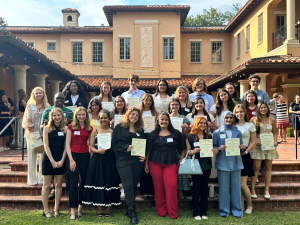
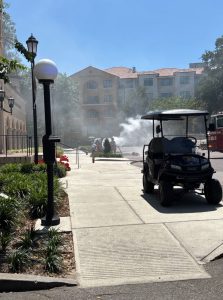
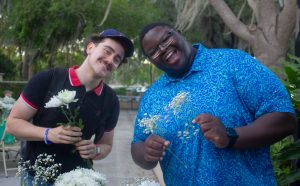
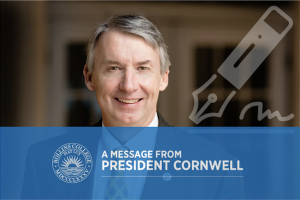
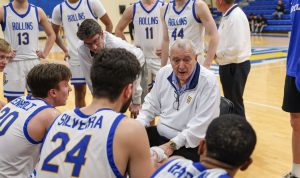
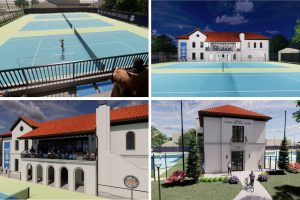
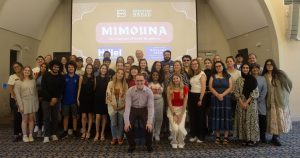

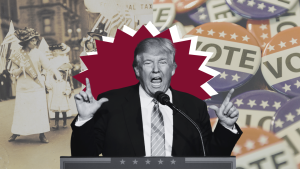
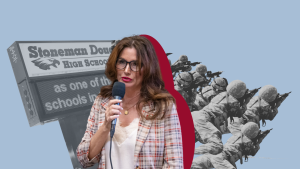
Comments are closed.